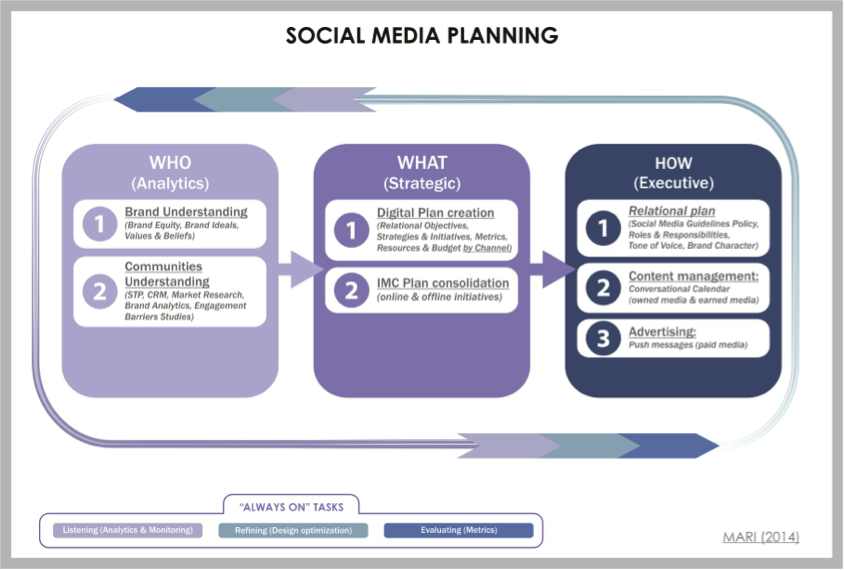Mobile Apps Categories
Assessing the different typologies of mobile apps made available to users, it is rather intuitive to notice 4 main categories of software applications. If we go beyond the single features contained inside an app, we can observe that almost the totality of mobile applications can be conceptually included in the following categories: education, information, entertainment, and utility.
There are applications purely ‘EDUCATIONAL’ serving the purpose of educating people on a large variety of topics. Successful examples of educational apps areUdemy, an online learning platform that allows instructors to host courses, andTED, a global set of conferences held under the slogan ‘ideas worth spreading’. Also popular e-learning platforms for kids, such as Dragonbox Algebra, use interactive teaching methods for educational purposes.
Opposite to the educational apps, we find in the figure those focusing on ‘INFORMATIONAL’ content. Popular information-based apps are Wikipedia, the collaboratively edited free encyclopedia, and Reuters, the news agency.
Apps that provide ‘ENTERTAINMENT' are usually related to music (e.g.Spotify), video (e.g. Hulu) or games (e.g. Angry Birds).
On the opposite side of the figure, we have identified the so-called ‘UTILITY’ apps. In general, an application is defined under the label ‘utility’ when it provides a specific service with the lowest possible effort, thus, it is convenient. Popular utility apps are Google Maps, Square, and QR Code Scanner.
In general, an app is categorized based on the specific usage a user does of it rather than on its main business purpose. Therefore, an app like Facebook can be considered informative by a user if his primary scope is to receive selected info on the news feed page, while, it can be conceived as utility if only used for instant messages activities, etc.
Most of the apps currently available in the marketplace, however, are not solely educational nor informational and they are not solely made for entertainment or convenience. Very often, we observe a convergence of the described 4 categories.
1. EDUTAINMENT (Educational + Entertainment) is the quadrant where apps likeNike+ Running, Gizmondo, Everest can be placed. These apps serve the purpose to educate while entertaining the user, for example, sport apps allows you to gain points based on your performance while you review your workouts. The scope of the app is not solely to push you towards a healthier lifestyle (education) but also to provide entertainment (gamification) while doing so.
2. INFOTAINMENT (Informational + Entertainment) is the quadrant where information-based apps also entertain the user because of their service peculiarity (for example, apps having social features). Apps like Twitter,Tumblr, Trip Advisorare a fantastic source of information but, at the same time, facilitate the interaction with other community members while entertaining them.
3. EDUTILITY (Educational + Utility) is the convergence between education and utility apps. Dropbox, Evernote, Word Reference are example of apps that are task-specific but, for their nature, intrinsically incorporate a personal development process.
4. INFOUTILITY (Informational + Utility) is the category where informational and utility apps are positioned. The information generate through these apps can be used to solve an everyday problem. Waze, is one of the world’s largest community-based traffic and navigation app, gives you real-time traffic info and suggests you the best way to avoid traffic.
Whenever you have the need to create a mobile app, besides your business objectives, it urges to understand what is the category in which this app falls. This will help you assessing current best practices and setting the right priorities in terms of features implementation.
Alex Mari - Founder & Creative Director of BrandMate - www.brandmate.it




Comments